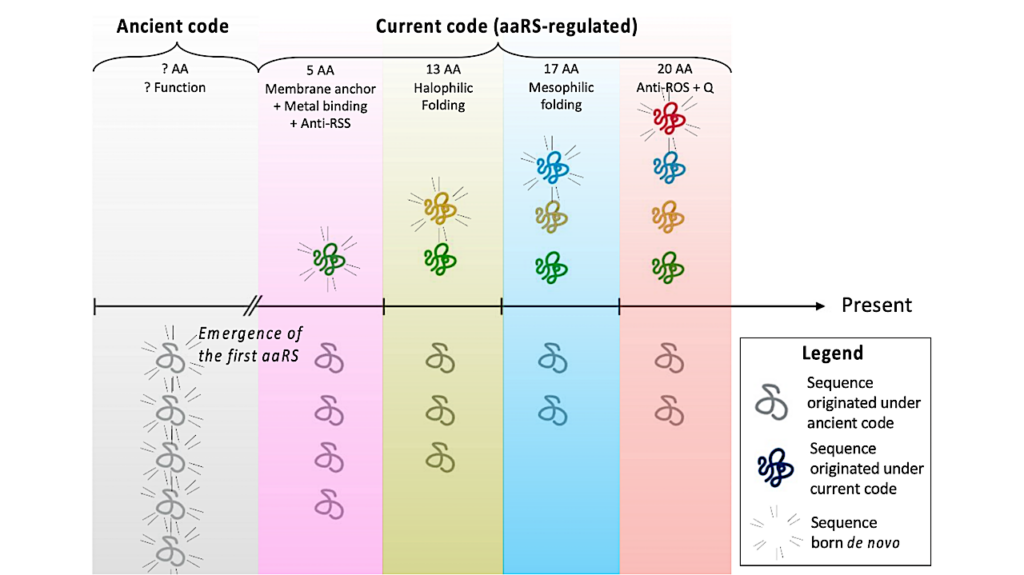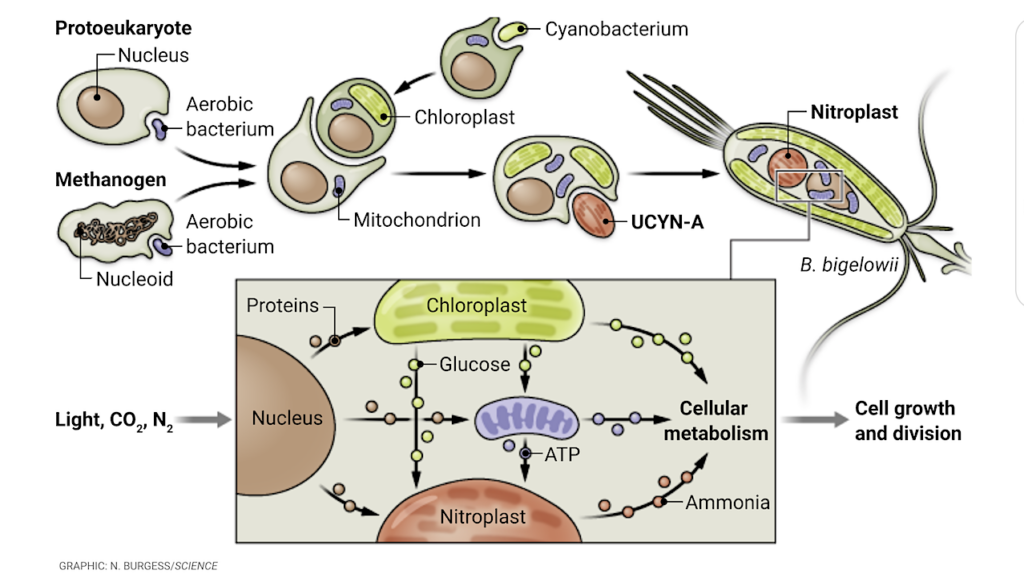NAI Director's Seminar: "Life in the Universe: The Expanding World of Microbial Diversity"
Speaker: Norman Pace (University of Colorado, Boulder), Date/Time: Monday, September 24, 2007 11AM PDT
Abstract: Life anywhere in the universe is likely to be based on carbon and to have a basic biochemistry similar to our own. The fundamental demands of life anywhere thus are the same: to capture energy in order to transform organic chemistry into more of self. In order to accomplish these tasks and thrive, terrestrial life has penetrated all permissible thermodynamic and physical niches offered by planet Earth. Consequently, it is likely that terrestrial life offers models for life in almost any habitable niche in the Universe. Knowledge of terrestrial diversity thus informs us about possible life anywhere.
Just how diverse is Earths life? The fact is, we dont know because the most diverse of Earths life is microbial and our understanding of microbial diversity is rudimentary. Historically, progress in microbiology has been impeded by a general requirement for culture of organisms in order to detect and identify them. Since most microorganisms in nature are not cultured readily or at all, the makeup of natural microbial diversity, much or most of terrestrial biodiversity, has been inaccessible. In the past two decades, increasing powerful molecular technologies have been used for culture independent surveys of natural microbial diversity, with DNA sequences and phylogenetic trees as metaphors for diversity. Studies of many environments, including some of the most seemingly inhospitable, have dramatically expanded the known extent of microbial phylogenetic diversity. The results also show that we are barely scratching the surface of an enormous unknown, the intertwined activities of a microbial world that established and maintains our biosphere.
About the Speaker:
Professor Norman Pace has published nearly 200 research articles in journals such as Science, Nature and the Proceedings of the National Academy of Sciences. He is a fellow of the American Association for the Advancement of Science, the American Academy of Arts and Sciences, and the American Academy of Microbiology, and a member of the National Academy of Sciences. In 2001, he received a MacArthur Fellowship and the Selman A. Waksman Award in Microbiology by the National Academy of Sciences, considered the nation’s highest award in microbiology. In 2007, he received the American Society for Microbiology’s 2007 Abbott-ASM Lifetime Achievement Award for outstanding contributions to the field of microbial ecology.
For more information and participation instructions, visit: http://nai.arc.nasa.gov/seminars/seminar_detail.cfm?ID=106








